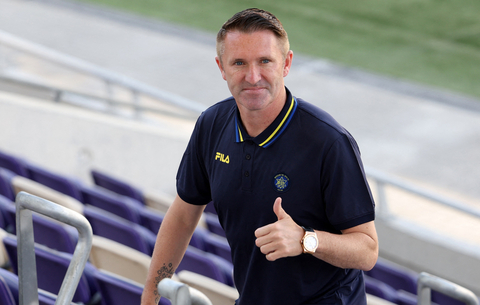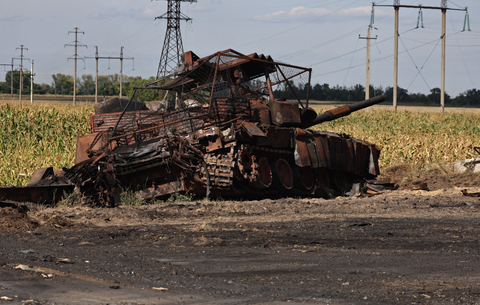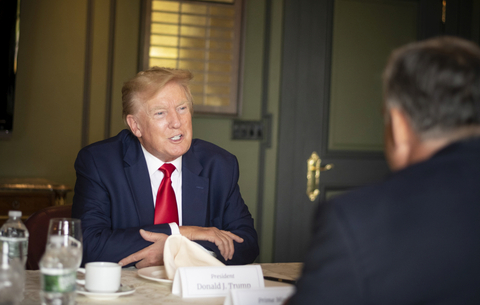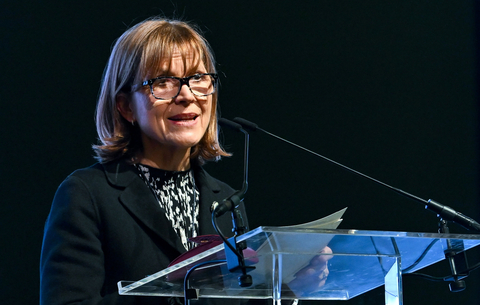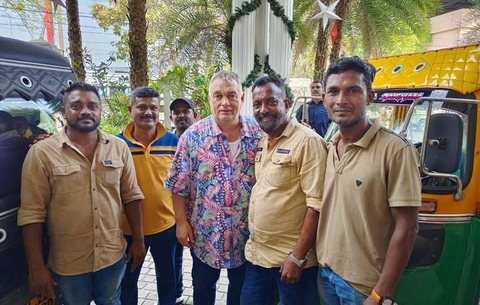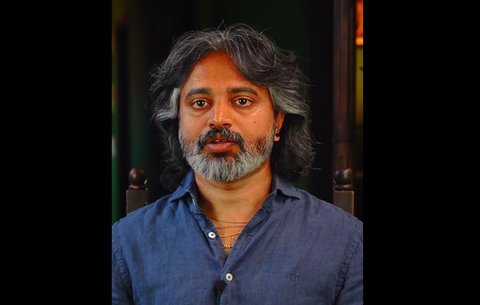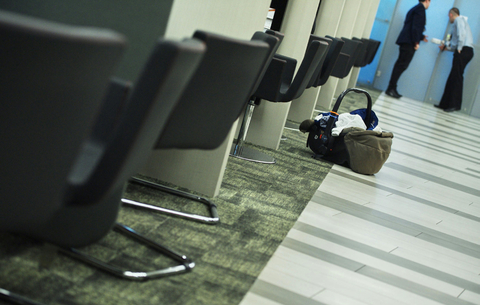For the Hungarian speaking region
Duna Television is spending almost HUF500bn on its new station, Autonomia TV, though very few of the Hungarians in neighbouring countries who constitute its target audience will be able to receive it.
"For the time being we're creating an invisible station," said Laszlo Cselenyi, head of Duna TV, on one of his own station's programmes. The station, which launched on 17 April, Easter Monday, broadcastts eight hours of new programming each day, will reach very few viewers in Hungary and its neighbouring countries.
There was plenty of time to prepare things. Cselenyi first proposed the new station in spring 2005, shortly after being elected chairman, and planning began immediately. Duna TV hoped to launch the new channel last Christmas, on its 15th birthday. However, Antenna Hungaria, which was in charge of transmission, was unable to secure a channel on the HotBird 6 satelite, forcing Duna TV's managers to tie the channel's launch to another religious festival.
The station currently reaches around 55,000 households in Hungary, although those few households with satelite dishes will be able to receive it, as will those who choose to watch its programming on the internet. But even fewer Hungarians abroad will be able to watch Autonomia TV, since Duna TV has not managed to cut a deal with a single cable television operator. It seems that the station's name will make things difficult. In Slovakia, the extreme right has already criticised the station for its name. In both Slovakia and Romania, the word autonomy reminds people of the struggles which led to the two countries acquiring territory from Hungary in 1918. Even today, the autonomy is seen as the first step in a process that might see Hungary getting these lands back. Duna TV's management has recognised this and is referring to a station called Duna II in its discussions with cable operators in neighbouring countries.
Cable operators in neighbouring countries are not opposed to the new channel and will attempt to find space for Duna II in areas populated by Hungarians. But the cable companies have little bandwidth to spare, meaning that they need to withdraw a station in order to find space for another - something they only do if there is viewer demand for this.
Duna TV has strong audience figures among Hungarians in neighbourin countries. This is partly because the major cable operators in Transylvania offer the channel as part of their basic packages. More recently Hungarian state television's MTV1 and MTV2 have become available as part of some operators' basic packages. Furthermore, MTV2's audience figures abroad have grown enormously since it became available via satelite. The two commercial stations, TV2 and RTL Klub are also often available as part of a basic cable subscription. A 2005 survey showed that in areas where the two Hungarian commercial stations are available, they compete directly with Duna TV. Near the border, however, Hungarian terrestrial broadcasts are most widely viewed, followed by MTV2's satelite broadcast, Duna TV and then the Romanian stations. Furthermore, Duna TV's most popular programme is not a patriotic extravaganza, but an Italian soap opera.
Certain figures in the Romania's Hungarian-language media are unhappy with Cselenyi's attentions, however. Attila Gasparik, vice-president of Romania's National Audiovisual Council, said: "The whole Autonomia TV affair is like producing a product without working out how to distribute it, making it just to store it in the warehouse." He said there would have been space on Duna TV's existing channel for programming that will now be broadcast on Autonomia TV.
The 55,000 lucky households in Hungary are all part of the Antenna Digital network, which has made Autonomia part of its basic package.
Other operators have not included the station in their basic package, though they must do so soon, since Duna TV's new station counts as a public service broadcaster, just like its parent and MTV1 and 2.
Hungary's broadcasting authority require that cable operators offer the public service channels as part of their basic offering. More such channels are set to emerge, however. Duna TV is already talking about launching a channel called Unio, and Hungarian State Television is also considering launching several new channels, including one to be known as Demokracia. But Laszlo Rajkai, who represents Hungarian cable operators, said this could not continue indefinitely, since there was limited space. One operator was suing the broadcasting authority over this issue, he said.
István Riba
